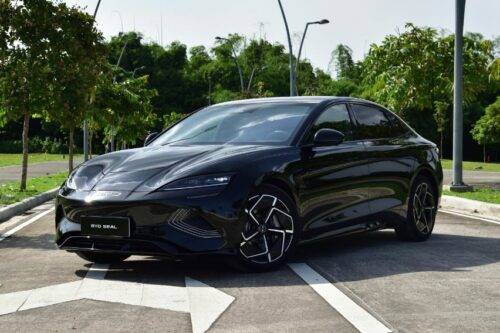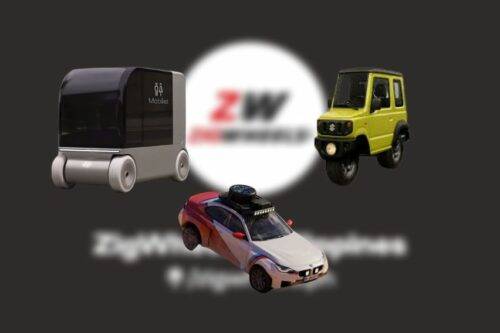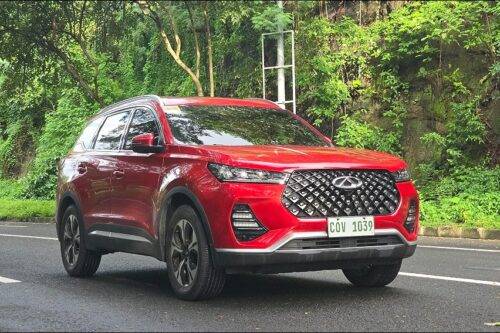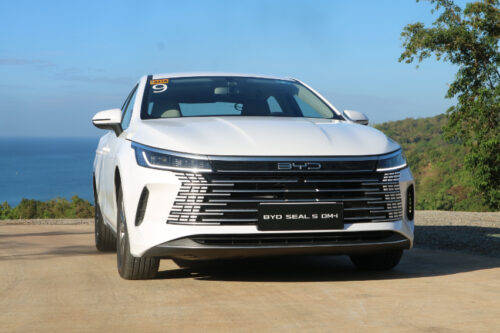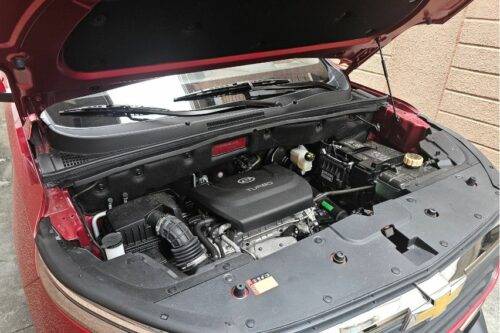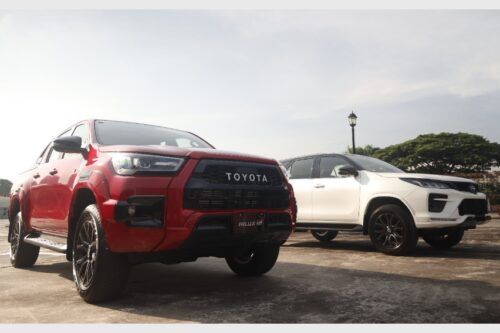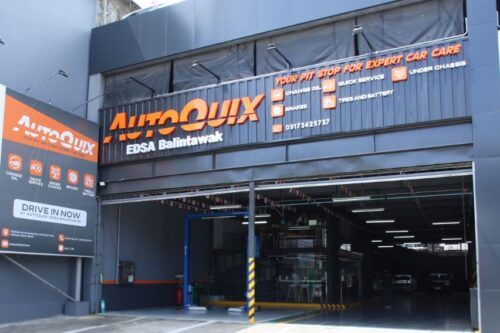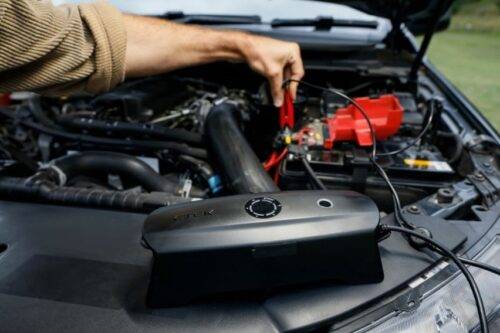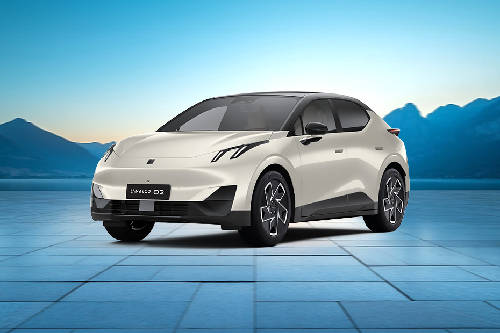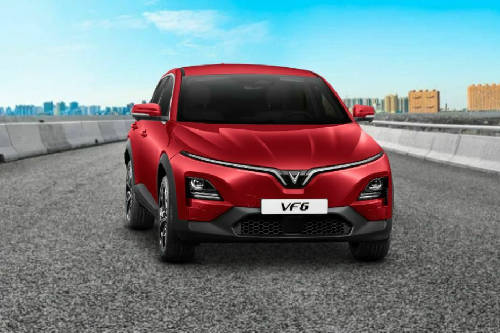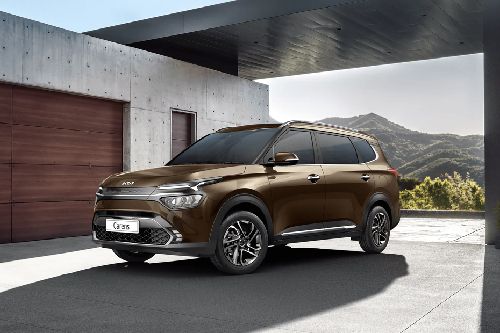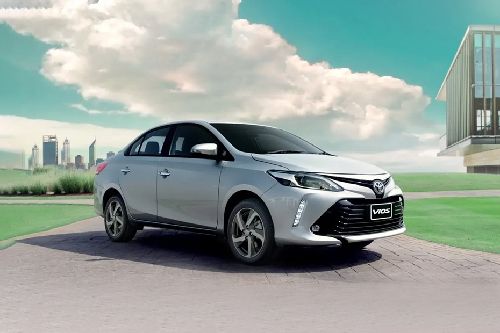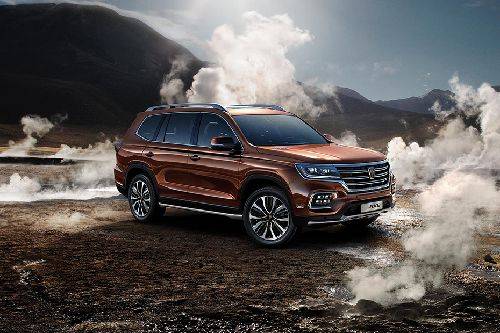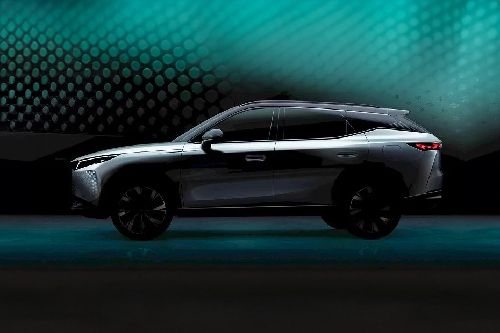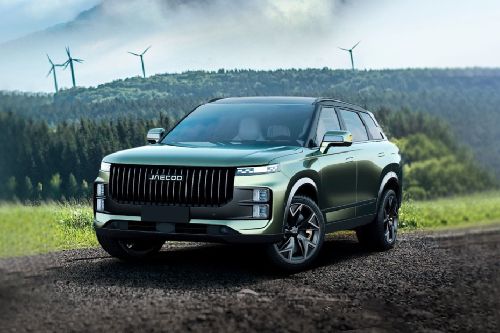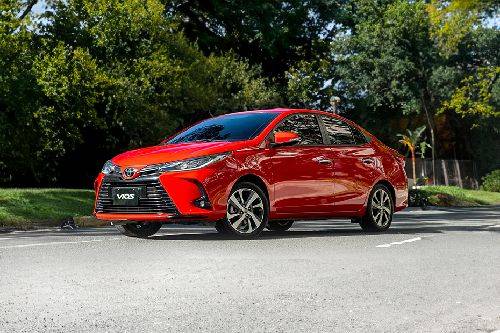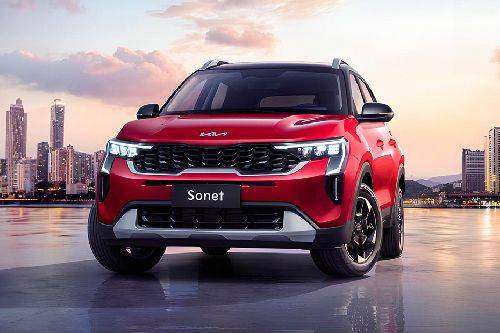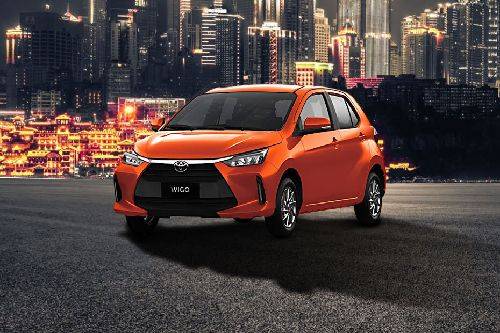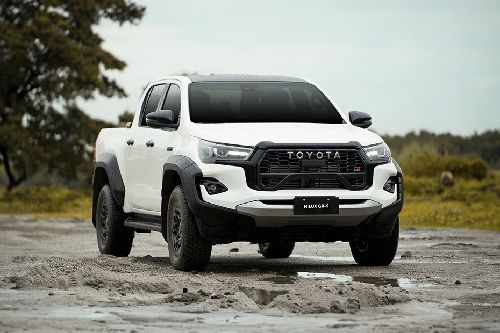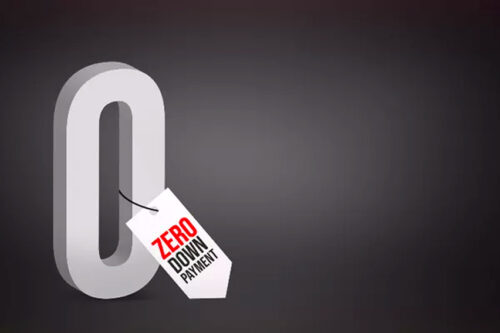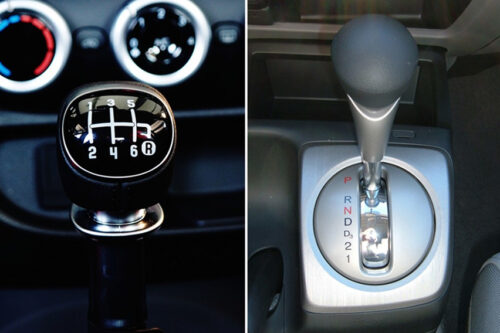Beat the heat | Why car tint should be your first car modification

With the summer season in full swing and temperatures getting right up there, installing car tint should be the first car modification you might want to consider. Installing car tint is a process of applying a thin, transparent film to the windows of a car in order to reduce the amount of sunlight and heat that enters the vehicle. Apart from protection from UV rays installing car tint also offers improved privacy and glare reduction. There are several types of car tint available, each with its own advantages and disadvantages. Today, we will be exploring the importance of installing car tint and the different types available in the market.

Health
One of the most important reasons to consider car tinting is the protection it provides from harmful UV rays. UV radiation is a leading cause of skin cancer, and exposure to UV rays can lead to premature aging of the skin. Installing car tint can help to reduce the amount of UV radiation that enters a vehicle, providing added protection for passengers. Additionally, car tinting can help to protect the interior of a vehicle from fading and cracking, as UV radiation can cause damage to leather and other materials over time.

Privacy
These days, privacy is very important, especially for most people who tend to leave their valuable items in their cars. I'm guilty of this myself. Tinted windows make it more difficult for outsiders to see into a vehicle, providing added security for both the driver and passengers. This can be particularly important in areas where car theft or break-ins are common. Additionally, tinted windows can help to reduce the likelihood of a vehicle being targeted by vandals, as it is more difficult for them to see inside.

Glare Reduction
Installing car tint can also help to reduce the amount of glare that enters a vehicle. Glare can be particularly dangerous when driving, as it can impair vision and increase the risk of accidents. Car tinting can help to reduce the amount of glare that enters a vehicle, making it easier for drivers to see and navigate the road.

There are several types of car tint available, each with its own advantages and disadvantages. The most common types of car tint include:
Dyed window film:
Dyed window film is the most affordable type of car tint available. It utilizes a thing film treated by various dyes to increase opacity. Dyed window film is not as effective as other types of tint when it comes to blocking UV rays but does a better job than having nothing.

Metalized window film:
Metalized window film is more expensive than dyed window film, but it is a bit more effective. It blocks sun rays by using a metallic coating and reflect light away from the glass.

Ceramic window film:
Ceramic tints are the most expensive, but they are also the most effective at blocking UV radiation and reducing heat. They use ceramic particles embedded in the film to absorb sunlight and reduce the temperature inside the car. Additionally, ceramic window film is more durable than other types of tint and is less likely to fade or peel over time.

Carbon Tint:
A less common but also fairly effective type of tint are carbon tints. These are a type of film that contains carbon particles, which help to block UV radiation and reduce heat. They are also known for their durability, as they resist fading and cracking.

Crystalline Tint:
If you want the best and most high-end of all tint products, you can also look into Crystalline Tinting. This is a high-end tinting solution that uses multiple layers of film to provide superior protection against UV radiation and heat. It also offers a clear, non-reflective finish that does not change the appearance of the car's windows.

By taking the time to choose the right type of car tint, drivers can enjoy the many benefits of tinted windows for years to come. Stay cool!
Sell your car at the best price
 Verified and genuine buyers
Verified and genuine buyers
Trending & Fresh Updates
- Latest
- Popular
You might also be interested in
- News
- Featured Stories
Featured Cars
- Latest
- Upcoming
- Popular
Car Articles From Carmudi
- journal
- advice
- financing
- insurance





